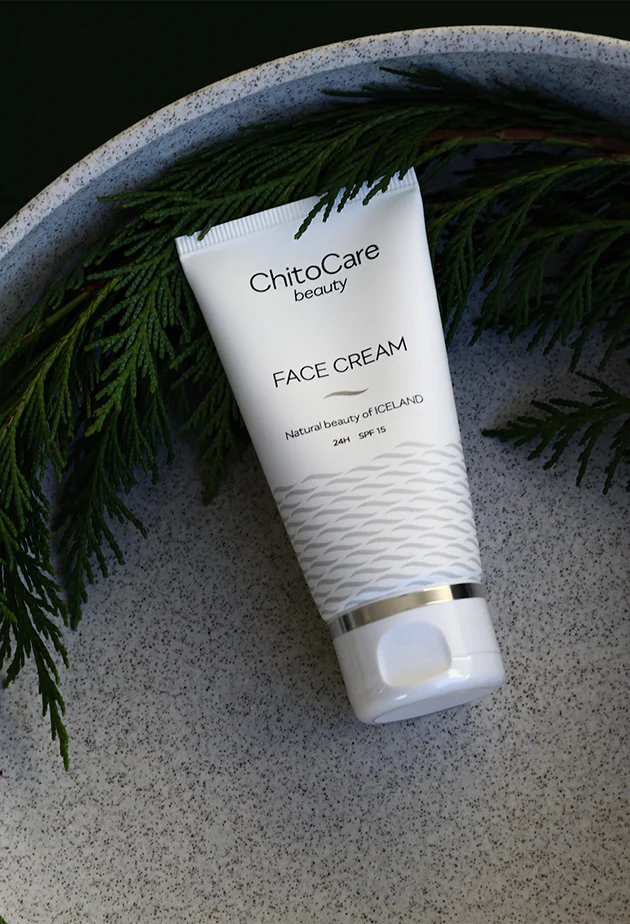
What Is the Skin Microbiome?
Your skin is home to trillions of tiny microorganisms – and that’s completely normal! It’s called a microbiome and it is closely tied to skin health. Read on to discover what this microscopic world is and how you can help it protect you.
In nature, all things large and small live together, sharing an interconnected relationship. Some of these things are visible, while others are so minute, we barely recognize how largely significant they are to the symbiosis of all things.
Much like an ecosystem that creates a bubble of life in a specific geographic area, a biome is the collection of all living species within that given area. Some examples of terrestrial biomes are tundra, grasslands, deserts and tropical forests, while some examples of marine biomes are tropical coral, polar freshwaters and kelp forests. Yet biomes also exist on a minute scale and these are called microbiomes.
What is a microbiome?
A microbiome is the community of microbes (microbiota) living within a particular habitat. A microbiome consists of bacteria, fungi, viruses and other microorganisms that are symbiotic with the habitat in question. Microbiomes exist everywhere, including in the human body. Your gut, skin, lungs and uterus are just a few examples of where microbiomes exist.
Often referred to as “skin flora”, the human skin microbiome is the natural collection of trillions of diverse microorganisms that live on or in the human skin. Most of these are harmless, while some are beneficial to your skin, even vital to your overall well-being.
What does the skin microbiome do?
Microbiome residents are not only passive roommates to proteins like collagen and elastin, they also support the skin in a number of vital functions.
The skin microbiome is responsible for
- fighting infections
- helping the immune system function properly
- healing wounds
- controlling inflammation
For example, resident microbiome bacteria will protect the skin when potentially harmful transient bacteria enter the skin. They work as a biological protective barrier, fighting off germs, pathogens, microbes and other harmful invaders.
What affects the skin microbiome?
Microbiomes differ from human to human and are affected by a number of factors, such as geographical location, climate, air quality, age, gender, genes and diet. For this reason, skin care differs from person to person. The skin microbiome of a teenager, for example, is very different to that of a menopausal woman.
A change in the skin microbiome can sometimes lead to skin dysbiosis. This is when an imbalanced microbiome causes conditions such as dry or sensitive skin, psoriasis, eczema, allergies, acne, rosacea and skin ulcers. Side effects of skin dysbiosis include impaired wound healing, yeast and fungal infections, and accelerated skin aging, most often in the form of fine lines, wrinkles and sagging.
How do I protect my skin microbiome?
Caring for your skin's microbiome can be achieved with simple lifestyle choices that will benefit your overall well-being. As we already know, overall skin health is directly linked to both what you put inside your body and how you treat your skin externally. The same goes for the microbiome. Here are some basic ways you can help your skin microbiome thrive, so in turn it can continue to protect you.
Don’t overdo it with the cleansing
One way you might be negatively affecting your skin microbiome is by using harsh cleansers or alkaline topical products. These not only dry out the skin, they kill off some of the good microbiota your skin needs. Antibiotic resistance is built up thanks to the skin’s microbiome, so nurturing it with slightly acidic pH levels will help it remain healthy. A pH level of around 5.0 is what the microbiome prefers, as it helps resident microbiota thrive while inhibiting the growth of pathogens. After cleansing, applying topical creams containing active ingredients such as coconut oil or aloe vera will help keep your skin moisturized – a crucial aspect of healthy skin. ChitoCare beauty Face Cream contains both soothing coconut oil and restorative aloe vera leaf juice, helping your skin remain moisturized and protected after cleansing.
Care for your gut
Some microbiota are residents of multiple microbiomes, and this has created the gut-brain axis, as it is called. The gut-brain axis describes the two-way communication between your gut and your brain. They “speak” to each other in the form of biochemical signalling and microbiota play a crucial role in this connection. Maintaining a healthy gut and skin microbiome is equally important for your overall health. The gut-skin axis describes the intimate, bidirectional relationship between your gut and your skin, and numerous studies have demonstrated that gastrointestinal health affects skin health.
When your microflora isn’t balanced, it can sometimes cause an inflammatory response in the skin. Poor gut microbiome health can result in inflammation, oxidative stress, pathogenic bacteria, and acne, to name but a few. Supporting gut health will in turn support skin health and you can do so by consuming vegetables, probiotics, prebiotics and cutting down on sugar and processed foods. You could also add a supplement such as ChitoCare beauty LipoSan Fibers & Vitamin C to your diet, to further support gut health while also boosting energy levels.
Get outside
Research has shown that exposing your body to the great outdoors has amazing benefits, from improved physical and mental health to reduced stress levels and better cardiovascular functions. Spending time outdoors in nature and green areas also improves the microflora of your body. By diversifying your skin flora, you are helping your microbiome. Pro tip: as an unbalanced skin microbiome can be a result of UV light damage, always make sure to wear sunscreen with a high SPF when spending time outdoors, even on a cloudy day.
Moisturize
Skin can dry out for a number of reasons, impairing the skin’s natural protective function. Moisturizing frequently will help maintain sufficient moisture levels in the skin, preventing it from dryness, cracking, itching or irritation. Lather up with ChitoCare beauty Body Lotion to keep your skin soft, smooth and protected from extrinsic aggressors. Deliver your sensitive face skin an intense shot of hydration with ChitoCare beauty Anti-Aging Repair Serum. Containing powerful elements like chitosan, geothermal silica and hyaluronic acid, it increases skin hydration and moisture, and reduces the appearance of fine lines, wrinkles and other signs of premature aging.




